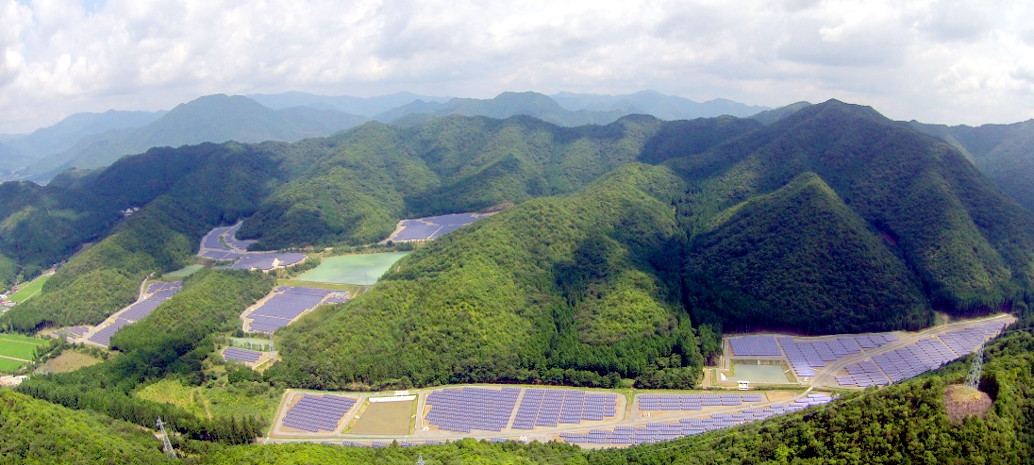Japan’s Renewable Energy Institute has published data on renewable energy’s contribution to the nation’s energy mix, using data from the Ministry of Economy, Trade and Industry (METI). The METI data shows solar PV rising to 4.3% of electricity production over the course of 2016, a dramatic increase from 2015, when PV represented only 2.7% of production.
The effect was particularly noticeable in the last two quarters, when PV represented 5.0% and 6.0% of electricity generation, respectively.
Together, all renewable energy sources together represented 14.2% of production during 2016, but hydroelectric power is the majority of this. Japan has limited deployment of biomass, wind and geothermal, which makes up the final few percent.
But as solar makes up a bigger share of Japan's electricity, in several provinces, PV may be nearing the limits of what will be feasible under existing policies. These in turn reflect the island nation’s current insular system of relatively isolated grids and regional utility fiefdoms.
Japan has implemented a system whereby the amount of PV that will be compensated under the feed-in tariff for more than 30 days of curtailment per year is capped at the regional level, and Hokkaido, Kyushu, Okinawa and Shikoku are nearing those caps. Hokkaido is the closest, with 1,059 MW of solar deployed under a cap of 1,170 MW, but the more populous Kyushu region in the south is also only 1.45 GW away from its cap of 8.17 GW.
Unsurprisingly, market analysts are predicting a slowdown in the Japanese market, with Mercom Capital predicting that only 8 GW will be installed this year, after two years of 10+ GW markets.
The Renewable Energy Institute was founded by Japanese business mogul Masayoshi Son.
This content is protected by copyright and may not be reused. If you want to cooperate with us and would like to reuse some of our content, please contact: editors@pv-magazine.com.



1 comment
By submitting this form you agree to pv magazine using your data for the purposes of publishing your comment.
Your personal data will only be disclosed or otherwise transmitted to third parties for the purposes of spam filtering or if this is necessary for technical maintenance of the website. Any other transfer to third parties will not take place unless this is justified on the basis of applicable data protection regulations or if pv magazine is legally obliged to do so.
You may revoke this consent at any time with effect for the future, in which case your personal data will be deleted immediately. Otherwise, your data will be deleted if pv magazine has processed your request or the purpose of data storage is fulfilled.
Further information on data privacy can be found in our Data Protection Policy.